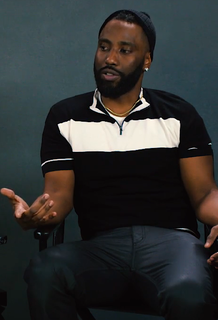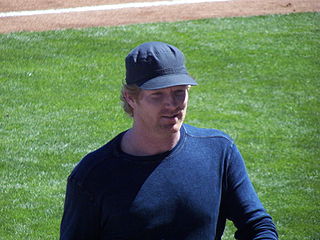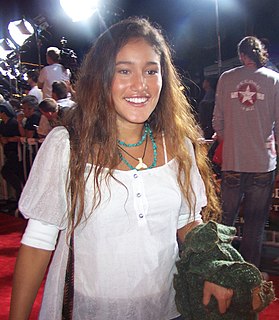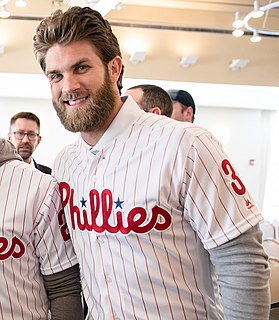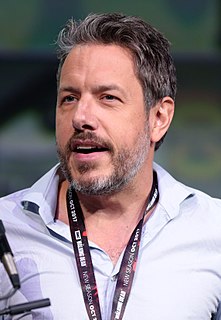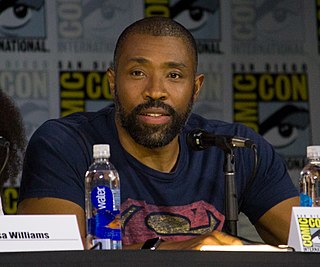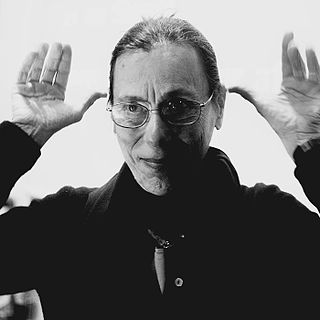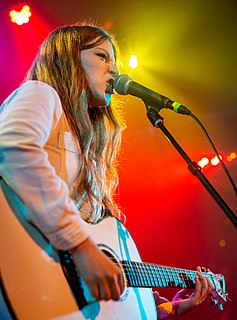A Quote by Duncan Jones
I've worked really hard to build up a career on my own. I turned 30 recently and it took me a long time to get the chance to make a feature film and do it on my own terms.
Related Quotes
As soon as I finished film school I was thinking about, how do I get to feature films? It took about eight years, and I'm still working. Feature films was not the end goal. Feature films was one of the stages. Getting to the point of the Coen brothers or Tarantino, where you're writing your own material and have the budget to do it properly, that's the end goal, and I'm close to that.
When I turned professional, what I was really aiming for was to be in the top 100, try to hold the top 100 for ten years, and just be in the show, and have a nice career. It's more than I could have ever hoped for. I worked awfully hard for it, but there are other people who worked just as hard and didn't get the breaks. I recognized that I've been lucky and being able to live this life that I wanted since a young age. I really went after it with everything that I have and somehow it worked out.
My illness has changed me - I've always thought "life is short and I wanna make as much of it as I can," but I really don't have time to mess around. This has really been a wake-up call in terms of what's important, and I'm working hard to figure that out. I need to get better at not doing favors for people all the time. It's hard because there's so many people who have helped me get to the point where I'm in a band that people wanna come see, or where people pay money to see me lecture.
My dad, he worked rebar, an ironworker. Watching my pops get up every single morning, going into work, working hard - I think that really made me want to work that hard, wanted to make me get up early and go for a run or get a lift in or get some extra hitting in and really try to better myself every day.
I came out of UCB and, before that, punk rock, and the whole deal was you do it yourself. Get up and rent the space, get up and press your own records, get up and silkscreen your own tees, get it done yourself. That sort of self-reliance will only serve me. Any time I lose sight of that, my career suffers.
I should say that feminism gave me permission to deal with my own emotional life and put it up front in certain ways, or use film as a way to examine, at that time, my own heterosexual experience. Lives of Performers was the beginning of that kind of investigation. But also, the film was influenced by the aesthetics and structures of experimental film as that was taking place at the same time. Hollis Frampton was a big influence on me at that time.
I went to graduate film school at NYU, and at first I didn't get a degree, because I took a scholarship that was supposed to pay my tuition, and I used it to make a film. For the longest time, I never actually graduated. And about 70 percent of the things I learned there I had to unlearn, but 30 percent was really valuable. It's like Mark Twain said, "Don't let school get in the way of your education."


